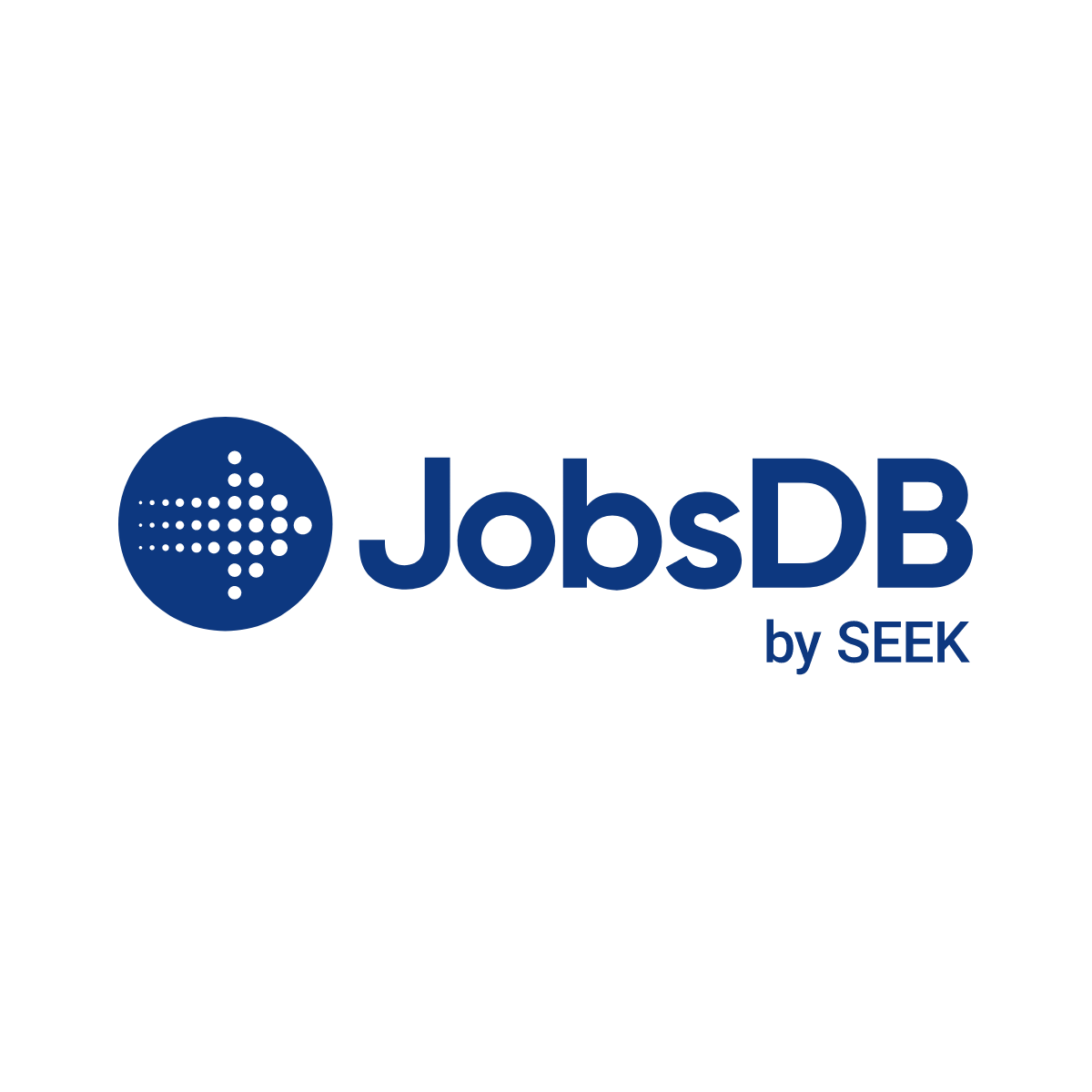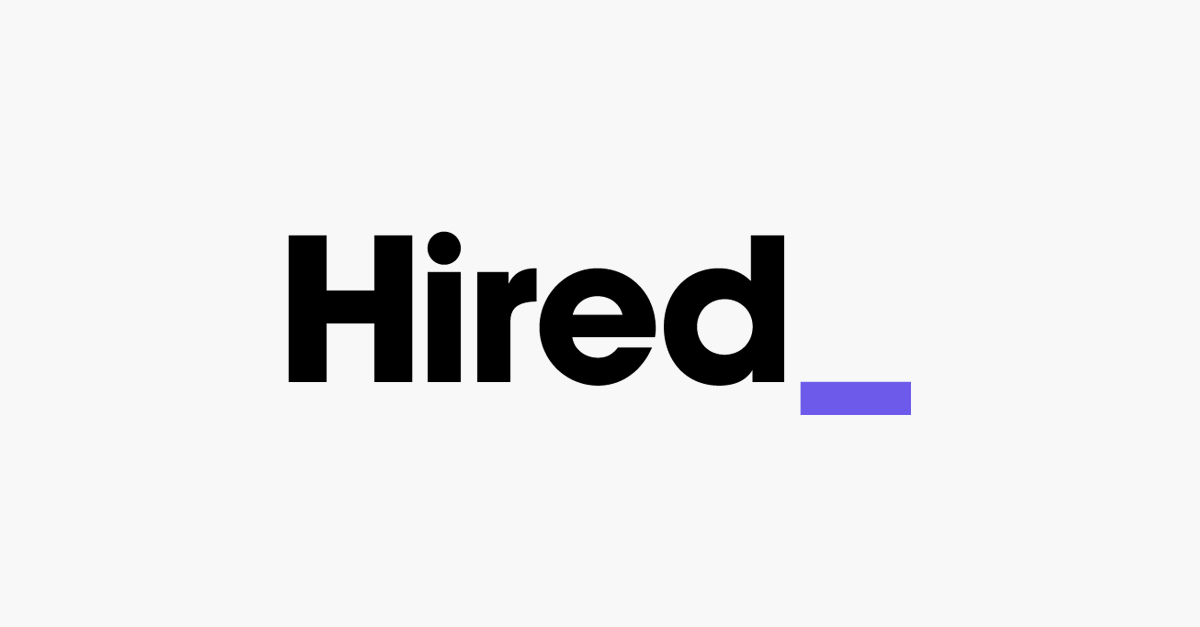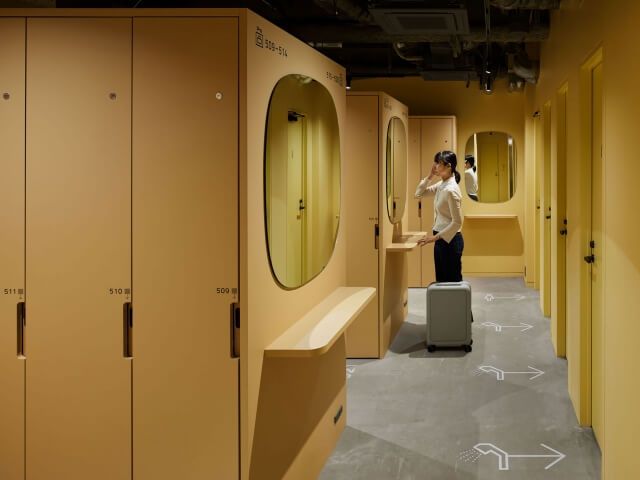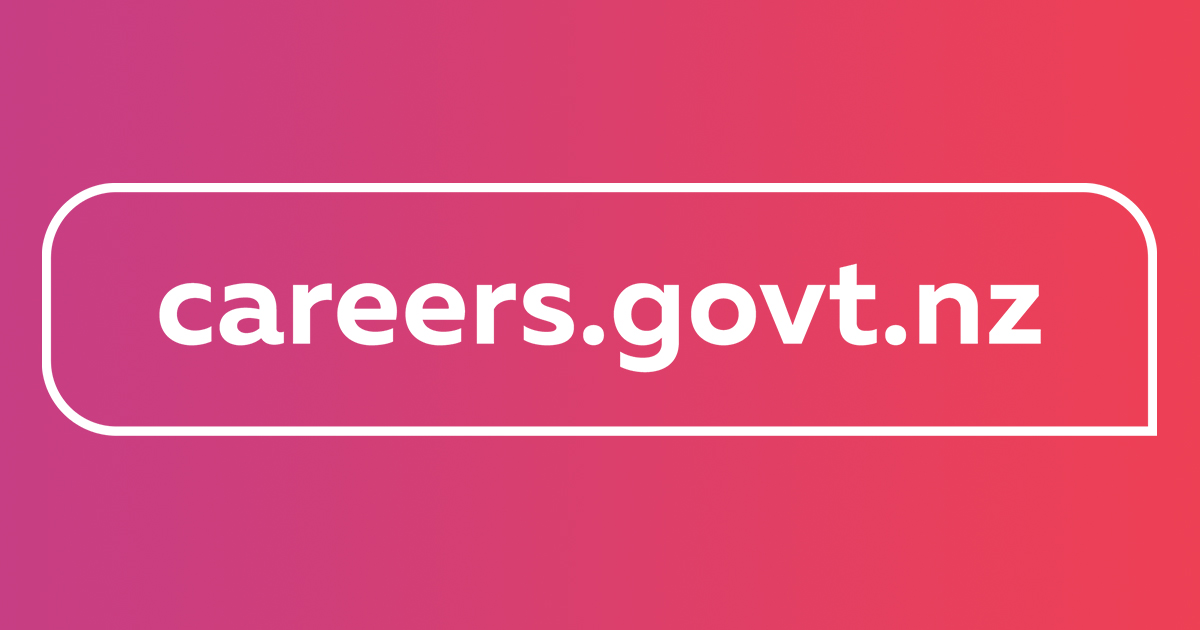Dreaming of working in a different country? The prospect of working abroad can be exciting and fulfilling, opening up a world of opportunities and experiences. In this article, we’ll guide you on how to find and apply for a job abroad, providing essential information to help make your international career aspirations a reality.
☞ Go to apply for your job abroad now
Benefits of Working Abroad
Working abroad offers a plethora of benefits. Firstly, it provides enhanced career opportunities, allowing individuals to broaden their skill sets and gain diverse experiences. Moreover, exposure to different cultures fosters personal growth and enriches one’s perspectives, both professionally and personally.
▼ Work Abroad Programs and Jobs (you can check it now) ▼
Popular Destinations for Job Seekers
Some of the most sought-after destinations for job seekers include the United States, Canada, Australia, and the United Kingdom. These countries offer promising job markets, excellent work environments, and opportunities for career advancement.
The Best countries to apply and work abroad
CANADA
Canada, the second-largest country in the world, is renowned for its picturesque landscapes, vibrant cities, and welcoming communities. But it’s not just the beauty that attracts individuals; Canada also offers a robust job market with promising prospects for both residents and newcomers. ▼ If you want to know how to find and apply for a job in canada, please refer to the link below ▼

NEW ZEALAND
New Zealand, a land of stunning landscapes, rich Maori culture, and a high quality of life, is not just a haven for tourists but also an enticing destination for those seeking promising career opportunities. Let’s take a closer look at what makes working in New Zealand an attractive prospect. ▼ If you want to know how to find and apply for a job in canada, please refer to the link below ▼

SOUTH KOREA
South Korea, a dynamic and technologically advanced country in East Asia, offers a promising environment for professionals seeking diverse career opportunities. Let’s delve into the various facets that make working in South Korea an appealing option. ▼ If you want to know how to find and apply for a job in canada, please refer to the link below ▼

NETHERLANDS
The Netherlands, a land of windmills, tulips, and a rich cultural heritage, is more than just a picturesque European destination. It’s an inviting hub for professionals seeking exciting career prospects. In this article, we will explore what makes working in the Netherlands an appealing choice. ▼ If you want to know how to find and apply for a job in canada, please refer to the link below ▼

AUSTRALIA
Australia, often referred to as the Land Down Under, is not just famous for its kangaroos and stunning landscapes. It’s also known for offering a diverse and promising job market that attracts individuals from all corners of the globe. Let’s delve into what makes working in Australia an enticing prospect. ▼ If you want to know how to find and apply for a job in canada, please refer to the link below ▼

GERMANY
Germany, renowned for its robust economy and rich culture, also offers an enticing job market for both its residents and those from around the world. From its diverse job sectors to the unique work-life balance it promotes, working in Germany can be a fulfilling experience. Let’s delve into various aspects that define working in this European powerhouse. ▼ If you want to know how to find and apply for a job in canada, please refer to the link below ▼

JAPAN
Japan, the Land of the Rising Sun, is not only a picturesque tourist destination but also a hub of business and innovation. Its work culture is a unique blend of traditional values and modern advancements, making it an attractive destination for professionals seeking career growth and a unique cultural experience. ▼ If you want to know how to find and apply for a job in canada, please refer to the link below ▼

DENMARK
Denmark, a country known for its picturesque landscapes, rich history, and high quality of life, is also an appealing destination for those seeking promising career opportunities. Let’s delve into various aspects that make working in Denmark an attractive prospect. ▼ If you want to know how to find and apply for a job in canada, please refer to the link below ▼

FRANCE
France, renowned for its rich history, culture, and culinary delights, is also an appealing destination for those seeking exciting career opportunities. Let’s delve into various aspects that make working in France an attractive prospect. ▼ If you want to know how to find and apply for a job in canada, please refer to the link below ▼

HONG KONG
Hong Kong, a vibrant metropolis known for its towering skyscrapers, bustling harbor, and rich culture, also holds a prominent position as a global financial and business hub. Let’s delve into various aspects that make working in Hong Kong an attractive prospect. ▼ If you want to know how to find and apply for a job in canada, please refer to the link below ▼

▼ Work Abroad Programs and Jobs (you can check it now) ▼
Types of Jobs Available Abroad
Job opportunities abroad vary across industries. From skilled labor to information technology, healthcare to hospitality, there’s a wide array of positions available. Skilled professionals are particularly in demand, making fields like engineering and finance attractive choices for those seeking international work experience.
Preparing for a Job Abroad
Before embarking on a journey to work abroad, thorough research and planning are crucial. Understanding the target country’s work culture, job market, and necessary qualifications is essential. Additionally, preparing oneself mentally and emotionally for the transition is vital for a successful experience.
Job Search Strategies
Finding a job abroad requires a strategic approach. Online job portals, professional networking, and utilizing recruitment agencies can significantly enhance the job search process. Tailoring your application materials and showcasing your skills effectively are key aspects of a successful job hunt.
Challenges and How to Overcome Them
While the prospect of working abroad is exciting, it comes with its challenges. Language barriers, cultural differences, and homesickness can pose significant hurdles. However, with an open mind, willingness to adapt, and a proactive approach, these challenges can be effectively overcome.
Financial Considerations
Financial planning is critical when considering a job abroad. Understanding the cost of living in the destination country, managing currency exchange, and setting up banking arrangements are essential to ensure a smooth transition and comfortable stay.
Legal Aspects and Work Permits
Navigating the legal aspects of working abroad, including visa processes and work permits, is a crucial step. Ensuring compliance with the laws and regulations of the host country is imperative for a successful and trouble-free work experience.
Tips for a Successful Job Hunt
To increase your chances of securing a job abroad, tailor your resume and cover letter to match the job requirements. Prepare thoroughly for interviews, showcasing not only your skills and qualifications but also your enthusiasm and adaptability.
Case Studies: Success Stories
Real-life success stories serve as inspiration for aspiring individuals. Hearing about the journeys of those who successfully secured jobs abroad can offer valuable insights and motivation.
FAQs
- Is it challenging to find a job abroad? Finding a job abroad can be challenging, but with the right approach and preparation, it’s very much achievable. Networking and utilizing online platforms are effective strategies.
- What are the common challenges when working abroad? Common challenges include language barriers, adjusting to a new culture, and being away from familiar surroundings. Adapting and staying open-minded can help overcome these challenges.
- How can I financially prepare for working abroad? Financial preparation involves researching the cost of living in the destination country, managing finances, and understanding tax implications. Creating a budget is crucial.
- Are there specific industries with higher demand for international hires? Yes, industries such as healthcare, IT, engineering, and skilled labor often have a higher demand for international hires due to specialized skills and expertise.
- What are the advantages of using a recruitment agency for job hunting abroad? Recruitment agencies can provide personalized job opportunities, assist with visa processes, and offer guidance on adapting to the work culture in the host country.
☞ Go to apply for your job abroad now












